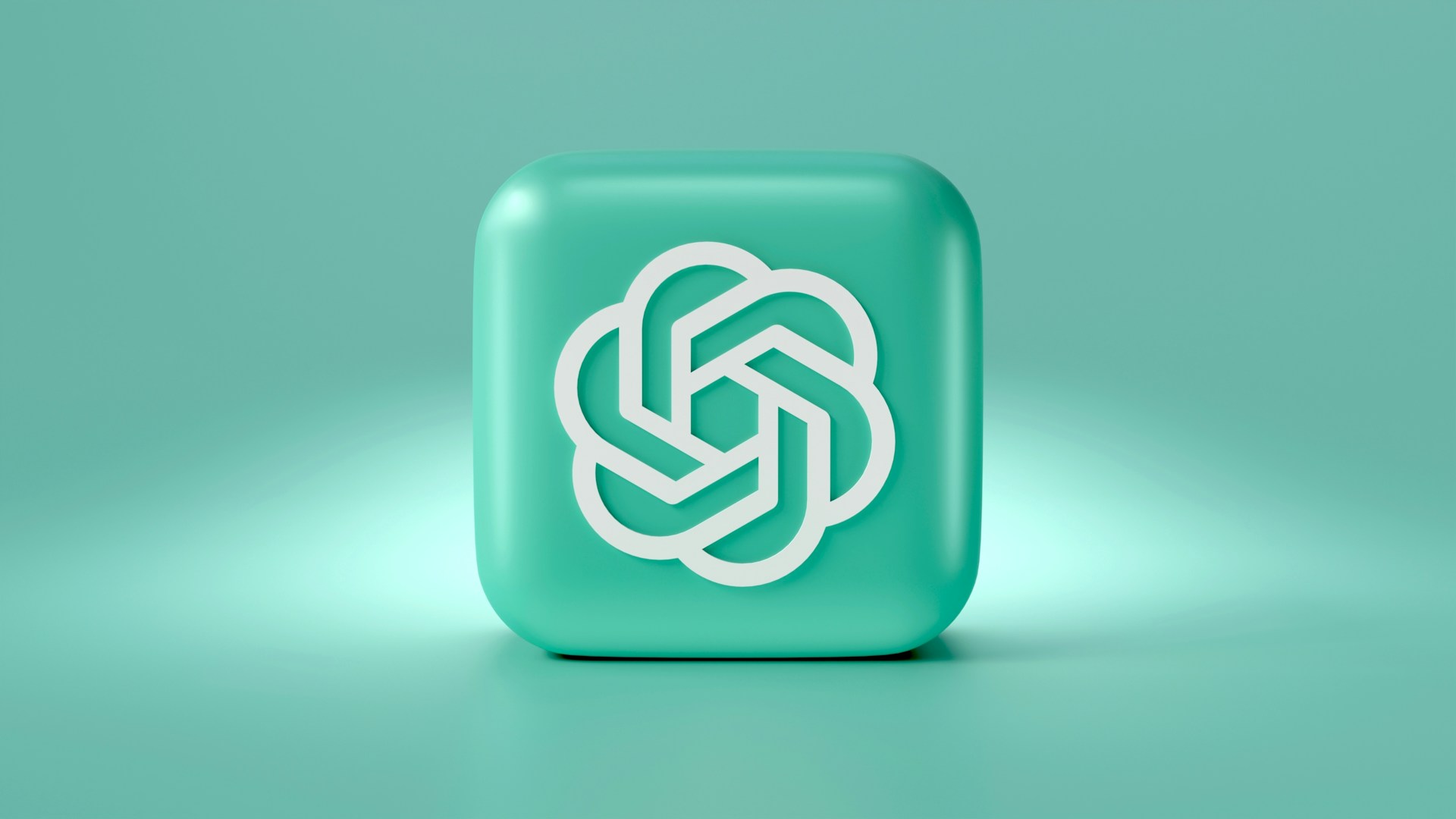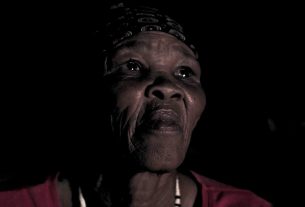Summary: OpenAI is contesting a U.S. federal court ruling that requires it to disclose 20 million ChatGPT user conversations in a copyright lawsuit brought by The New York Times and other media outlets. The company argues the order poses a serious risk to user privacy and sets a dangerous precedent for AI transparency and data protection.
⚖️ The Legal Battle
A federal magistrate judge in New York recently ruled that OpenAI must provide a randomly sampled set of 20 million anonymized ChatGPT logs to The New York Times. The case stems from allegations that ChatGPT unlawfully reproduced copyrighted news content. The Times initially demanded access to 120 million conversations, later reduced to 20 million.
OpenAI insists the order is overly broad, warning that full conversation logs could expose sensitive personal information. In its filing, the company compared the disclosure to “eavesdropping on an entire conversation rather than a brief fragment.” Ars Technica Invezz
🔒 Privacy Concerns
OpenAI’s Chief Information Security Officer, Dane Stuckey, issued a public statement accusing the Times of “invading user privacy.” He emphasized that ChatGPT is used weekly by 800 million people worldwide to handle personal tasks, including sensitive data such as credentials, searches, and private communications. The company maintains that turning over logs would undermine trust and violate long-standing privacy protections Yahoo News UK OpenAI.
🌍 Wider Implications
Privacy experts warn the ruling could become a defining moment for AI governance, forcing companies to disclose user data in litigation. Critics argue that while transparency is essential, exposing millions of conversations risks eroding public confidence in AI platforms.
The case also highlights the tension between copyright enforcement and digital privacy, with media organizations seeking evidence of how AI systems may have ingested and reproduced their content.
📌 What’s Next
OpenAI has asked the court to reverse the ruling, while continuing to negotiate with plaintiffs. The outcome could shape future standards for AI accountability, user privacy, and copyright law, setting a precedent for how courts balance innovation with regulation.
OpenAI’s fight against the disclosure order underscores the growing clash between AI development, copyright enforcement, and digital privacy — a battle that could redefine trust in artificial intelligence.
CHAT-GPT-Photo-by-Mariia-Shalabaieva-on-Unsplash
Sources: Ars Technica Invezz Yahoo News UK OpenAI U.S. News



